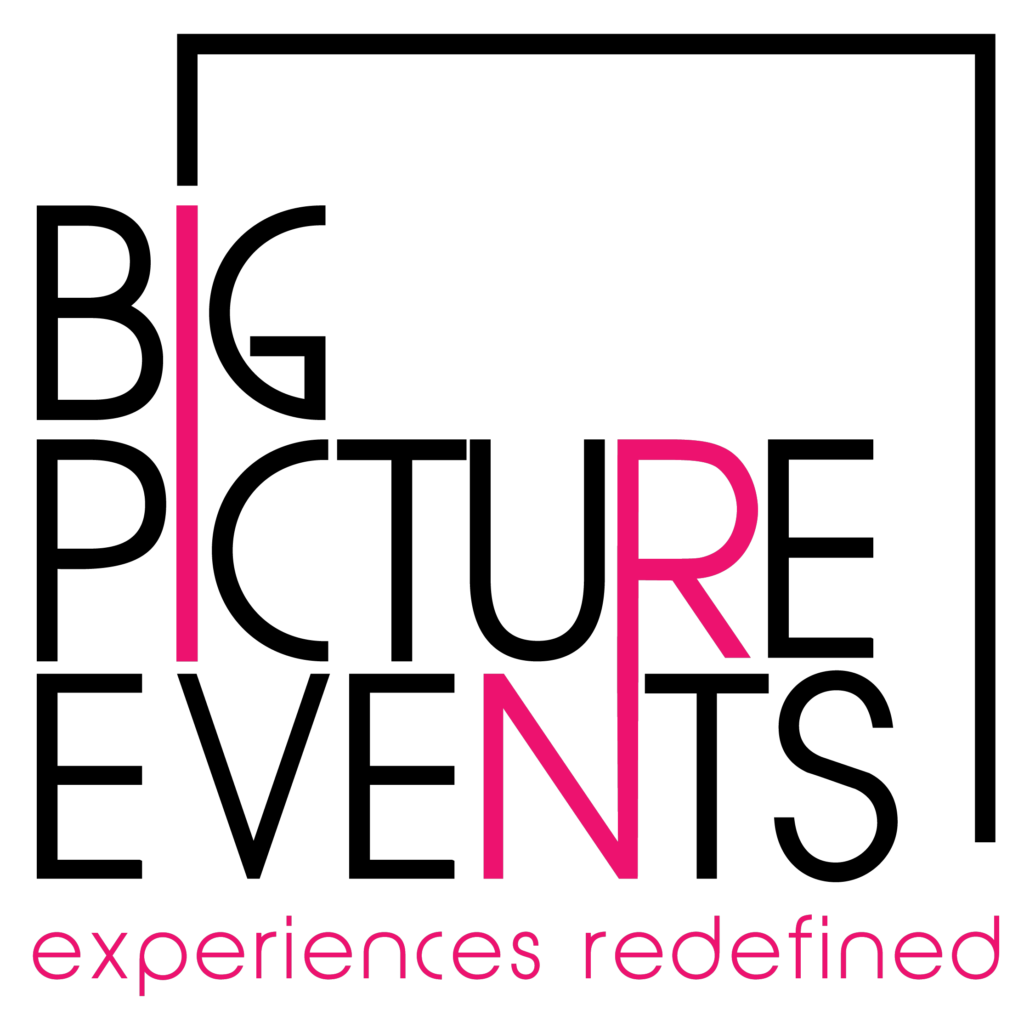In the modern landscape of business, where every decision counts, the first event of the year is a golden opportunity for companies to shine, show their strength to employees, set new goals, inspire and motivate their people for better results, and improve their brand awareness. It’s a chance to make a lasting impression on clients, employees, and stakeholders. The key to unlocking this potential is to embrace a tailor-made event strategy that goes beyond the ordinary. A strategy that is designed after discussing and making clear what are the goals for the new year, an event strategy that will bring measurable results. In this blog post, we’ll delve into the reasons why companies should adopt a holistic approach to their event marketing plan, integrating event empathy and a systematic approach.
The Power of Tailor-Made Event Strategy
Corporate events are more than just a calendar obligation; they reflect the company’s code, beliefs, and values. A one-size-fits-all approach falls short when trying to convey a unique brand identity. Tailor-made events, on the other hand, allow companies to curate experiences that resonate with their audience. From the choice of venue to the event concept and the agenda, every detail can be customized to align with the company’s mission, creating a memorable and authentic experience.
A creative umbrella concept seamlessly applicable to all events throughout the year, becomes a distinguishing factor, spotlighting the company’s unity and its well-defined goals for the upcoming year. Tailoring adaptations of this key concept to suit each event type (the annual conference, summer party, team-building day, sales meeting, Christmas party, and more), ensures a cohesive and purposeful approach to each occasion.
Systematic Approach for Seamless Execution
Planning an annual corporate event strategy involves juggling numerous elements, and a systematic approach is the key to ensuring nothing falls through the cracks. It signifies a tactical investment with multifaceted benefits. It ensures that the event strategy is aligned with the broader goals and objectives of the company for the upcoming year.
Each element of the event is carefully chosen and designed to contribute to the overarching mission. Consistency is key in reinforcing brand identity. A systematic approach ensures that the event reflects the company’s values, mission, and brand image steadily across all aspects, from visuals to messaging, enhancing the overall perception of the company.
Annual events serve as a morale boost for employees. A systematic approach allows companies to create engaging and memorable experiences, fostering a positive work culture. This, in turn, contributes to higher employee satisfaction, retention, and productivity. It is an opportunity to provide a unique platform to strengthen relationships with clients and stakeholders. By setting clear goals and KPIs during the systematic planning phase, companies can measure the return on investment (ROI) of their events. This data-driven approach allows them to assess the impact of the event on business outcomes, whether it’s increased sales, improved brand perception, or enhanced client relations.
Events are prime networking opportunities. A holistic approach helps identify and strategically plan for networking opportunities that align with the company’s business objectives, ensuring that connections made during the event contribute to future collaborations and partnerships. It is important though, to include a comprehensive analysis of the outcomes. This post-event evaluation allows companies to learn from the experience, understand what worked well, and identify areas for improvement, contributing to a continuous cycle of refinement for future events.
Event Empathy: Transforming an event from ordinary to extraordinary.
Empathy is the secret ingredient that transforms an event from ordinary to extraordinary. An empathy-driven event planning goes beyond logistics; it is a profound understanding of the participants’ perspectives and a proactive approach to meeting their expectations. It involves immersing oneself in the experiences of the audience, much like stepping into their shoes. By doing so, event planners gain valuable insights into the nuanced preferences and desires of the attendees. Anticipating the desires of the audience becomes a vital principle of empathetic event planning. This forward-thinking approach based on the Big Picture philosophy allows organizers to preemptively address potential concerns and ensure that the event experience aligns seamlessly with the expectations of those in attendance.
Beyond tangible elements, empathy fosters a connection that transcends the event itself. It creates a sense of inclusivity and belonging, making attendees feel that their presence is not just acknowledged but genuinely appreciated. This emotional connection extends beyond the event’s duration, leaving a lasting impression on participants and contributing to positive memories associated with the company or brand.
As companies strive to create events that resonate with their audience, embracing empathy as a guiding principle ensures that each detail is infused with a genuine understanding of the people who make the event meaningful. This transformative power of empathy not only enriches the event itself but also strengthens the relationship between the company and its stakeholders, leaving an indelible mark on the corporate landscape.
All of the above are key components of a well-designed system, a ‘’Big Picture’’ holistic approach that stands as a beacon of opportunity. By embracing a tailor-made event strategy infused with empathy and a systematic approach, organizations can elevate their brand, strengthen relationships, and set the stage for a successful year ahead. In the world of corporate events, the path to success is not a generic formula and nothing is too easy for event managers; it’s a tailor-made and premium process, a creative journey, meticulously shaped with care and thoughtful consideration.
